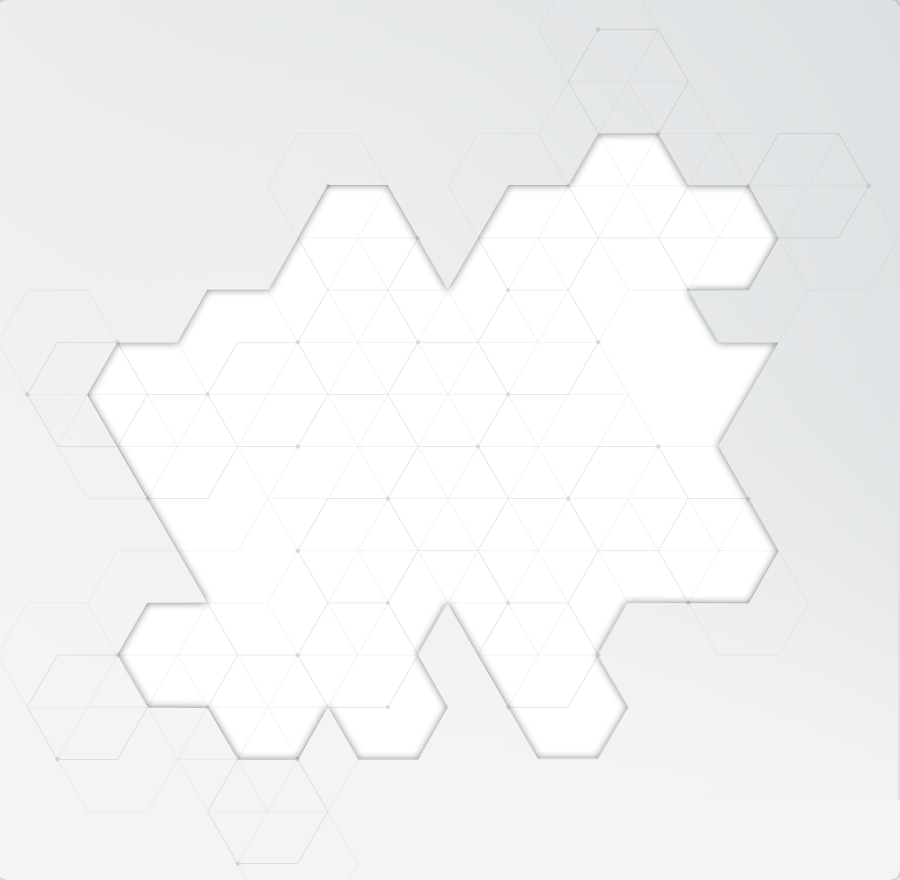

Fast progress of nanotechnology in the field of bioapplications and organic electronics brings in front a necessity to attach bio or organic molecules to inorganic materials. We aims to contribute to the bottom-up approach of the development of bionanotechnology in the direction of incorporation of inorganic materials. The nanoworld implies the usage of minimal quantity of molecules as well as base substrates, thus the interfaces formed play a key role in physicochemical properties of the system. The inorganic materials used in bioapplications cover a wide range of areas, including biosensors, bioresorbable electronics, drug delivery systems, biomemory devices, and nanozymes.
Our goal is to increase the basic understanding of phenomena and properties of planar nanoscale-sized inorganic substrates in the interaction with bio and organic molecules (DNA bases, amino acids, phosphonic acids, etc.). The molecules can be deposited in different ways: evaporated in UHV (the cleanest procedure) or dropped from solution (more bio-realistic condition). The inorganic substrates will range from well-defined epitaxial films prepared in situ, to less defined but more realistic ones such as polycrystalline substrates and nanoparticles prepared ex situ. The project will show the applicability of the results from the model systems prepared and studied in situ to the real ex situ prepared bioelectrodes. The new knowledge, which is not available in the scientific literature yet, will contribute to the bottom-up development and construction of novel systems for medical applications and nanobiotechnology.
| Grant provider | Czech Science Foundation |
| Programme | Junior Grants |
| Panel | P108 – Materials Science and Engineering |
| Project ID | 19-10821Y |
| Duration | Jan 2019 – Dec 2021 |
| Principal investigator | Dr. Xiaohui Ju |
| Grant provider | Charles University |
| Programme | GA UK |
| Project ID | 1054217 |
| Duration | Mar 2017 – Mar 2019 |
| Principal investigator | Yuliia Kosto |
Lectures, interesting facts and information in the field of nanomaterials and hydrogen technology.
© 2021 Matematicko-fyzikální fakulta Univerzity Karlovy.
Všechna práva vyhrazena. | Cookies